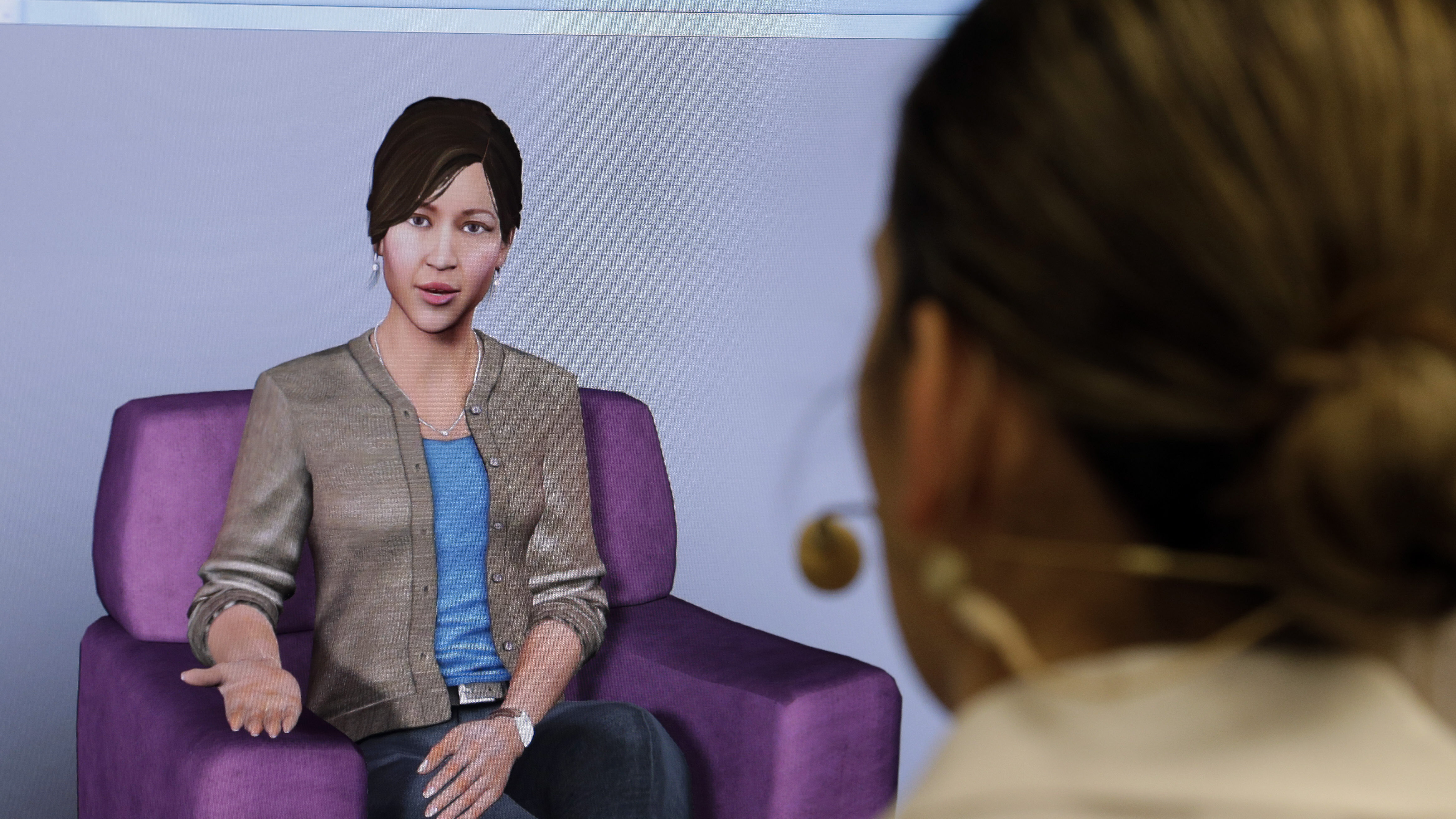8 tips for parents and teens on social media use — from the US surgeon general
May 24, 2023, 6:00 AM

FILE: U.S. Surgeon General Dr. Vivek Murthy testifies during a Senate Finance Committee hearing about youth mental health on Capitol Hill on February 8, 2022 in Washington, DC. According to a recent report from the Surgeon Generals office, rates of psychological distress among young people, including symptoms of anxiety, depression, and other mental health disorders, have increased since the pandemic began. (Drew Angerer/Getty Images)
(Drew Angerer/Getty Images)
The U.S. surgeon general is calling for tech companies and lawmakers to take “immediate action” to protect kids’ and adolescents’ mental health on social media.
But after years of insufficient action by both social media platforms and policymakers, parents and young people still bear most of the burden in navigating the fast-changing, often harmful world of secretive algorithms, addictive apps and extreme and inappropriate content found on platforms such as Instagram, TikTok and Snapchat.
So what can parents and young people do now? Surgeon General Vivek Murthy has some tips.
“Our children and adolescents don’t have the luxury of waiting years until we know the full extent of social media’s impact,” Murthy said in an advisory released Tuesday. “Their childhoods and development are happening now.”
Tips for young people
— Reach out for help: If you or someone you know is being negatively affected by social media, reach out to a trusted friend or adult for help. Check the American Academy of Pediatrics’ guidance on social media.
— Create boundaries: Limit the use of phones, tablets, and computers for at least one hour before bedtime and through the night to make sure you get enough sleep. Keep mealtimes and in-person gatherings device‑free to help build social bonds and engage in two‑way conversations with others. Connect with people in person and make unplugged interactions a daily priority.
— Be cautious about what you share: Personal information about you has value. Be selective with what you post and share online and with whom, as it is often public and can be stored permanently. If you aren’t sure if you should post something, it’s usually best if you don’t.
— Don’t keep harassment or abuse a secret: Reach out to at least one person you trust, such as a close friend, family member, counselor, or teacher, who can give you the help and support you deserve. Visit stopbullying.gov for tips on how to report cyberbullying. If you have experienced online harassment and abuse by a dating partner, contact an expert at Love is Respect for support. If your private images have been taken and shared online without your permission, visit Take It Down to help get them removed.
Tips for parents and caregivers
— Create a family media plan: Agreed-upon expectations can help establish healthy technology boundaries at home – including social media use. A family media plan can promote open family discussion and rules about media use and include topics such as balancing screen/online time, content boundaries, and not disclosing personal information
— Create tech-free zones: Restrict the use of electronics at least one hour before bedtime and through the night. Keep meal times and other in-person gatherings tech-free. Help children develop social skills and nurture their in‑person relationships by encouraging unstructured and offline connections with others.
— Model responsible behavior: Parents can set a good example of what responsible and healthy social media use looks like by limiting their own use, being mindful of social media habits (including when and how parents share information or content about their child), and modeling positive behavior on your social media accounts.
— Empower kids: Teach kids about technology and empower them to be responsible online participants at the appropriate age. Discuss with children the benefits and risks of social media as well as the importance of respecting privacy and protecting personal information in age-appropriate ways. Have conversations with children about who they are connecting with, their privacy settings, their online experiences, and how they are spending their time online.













